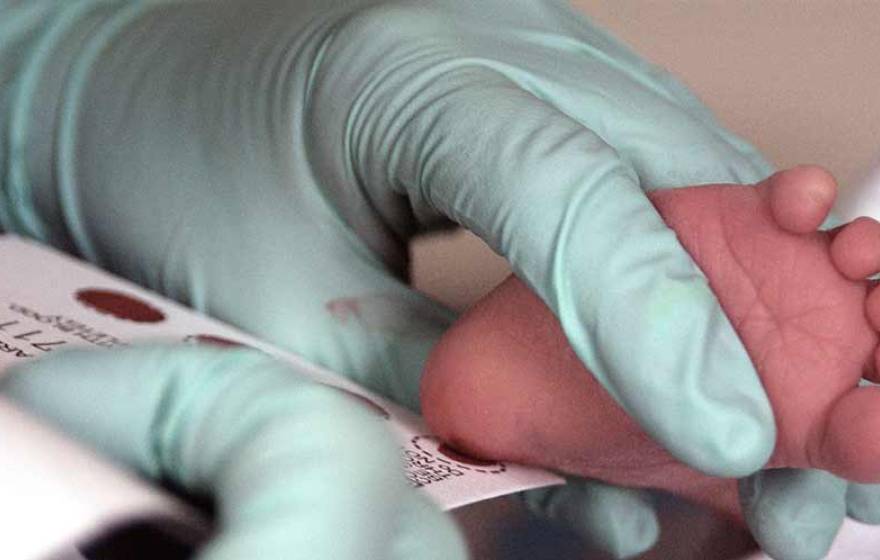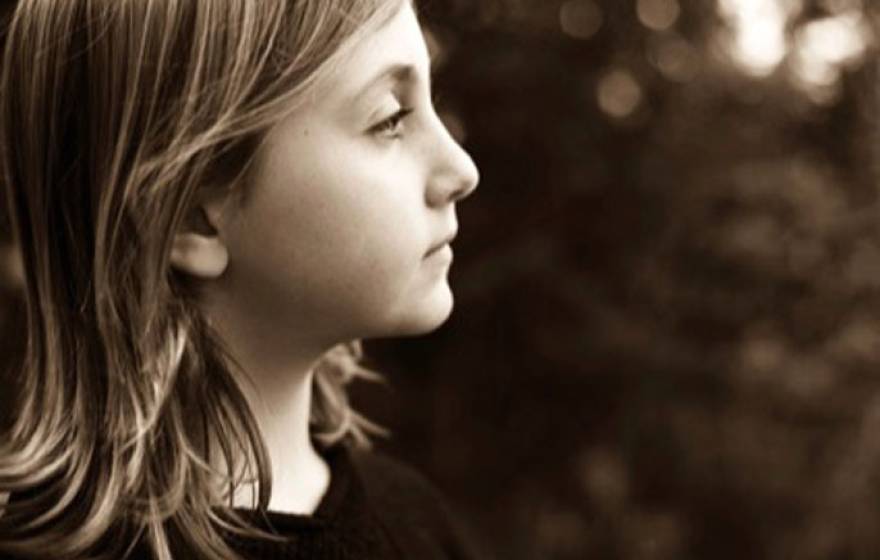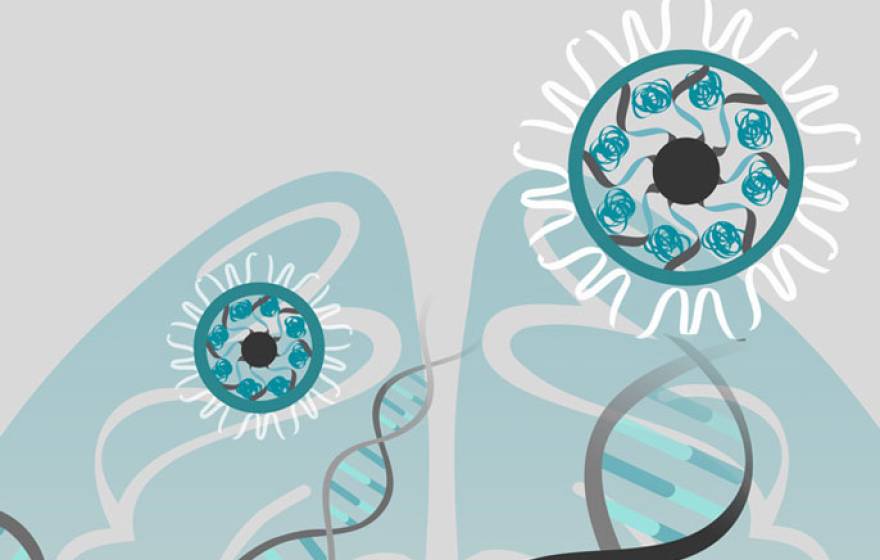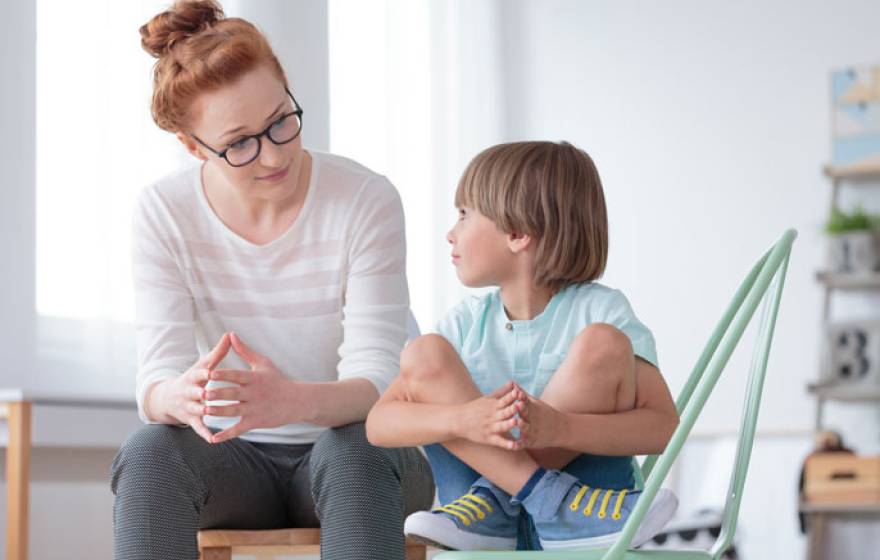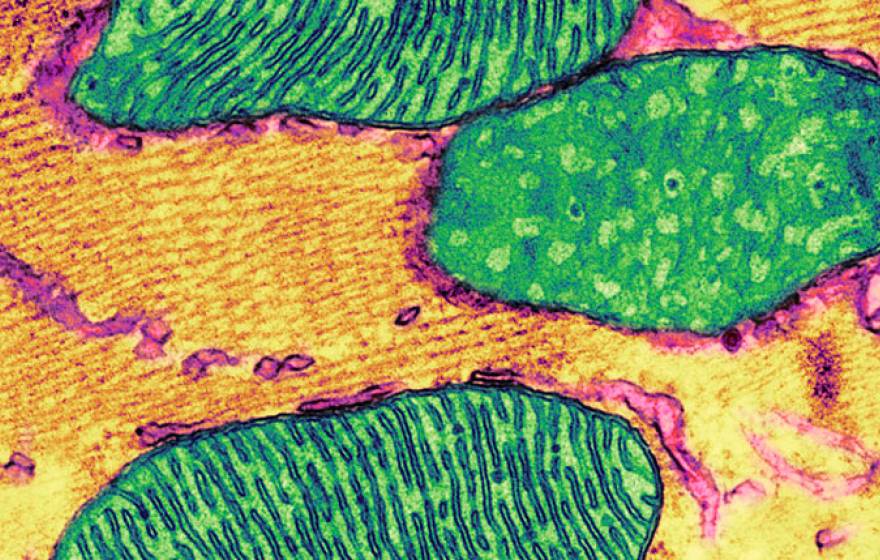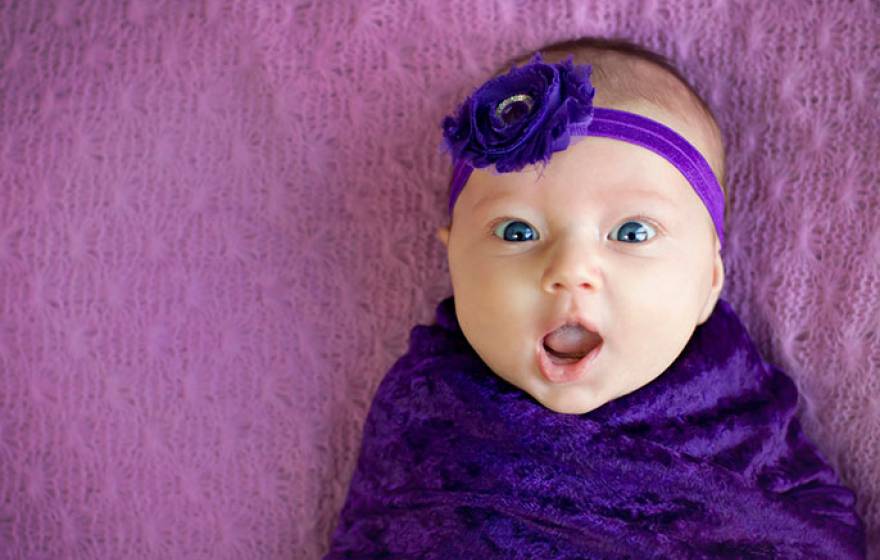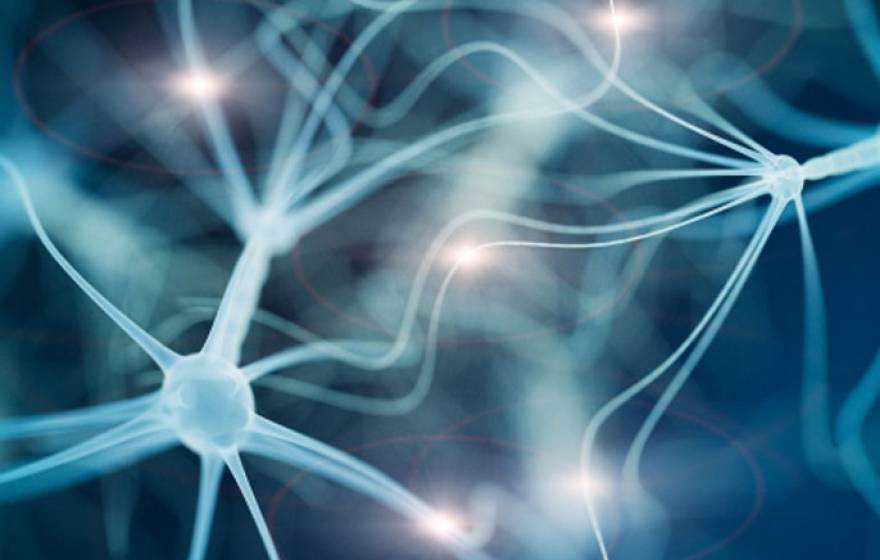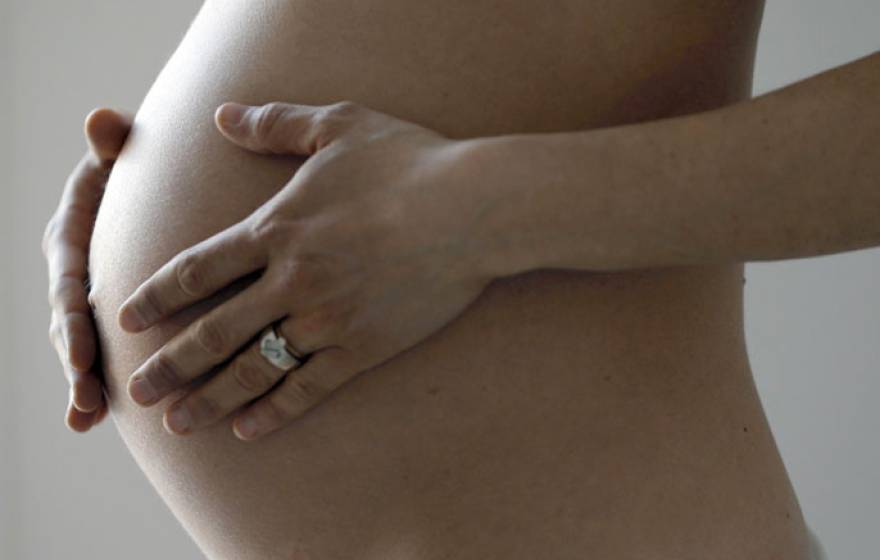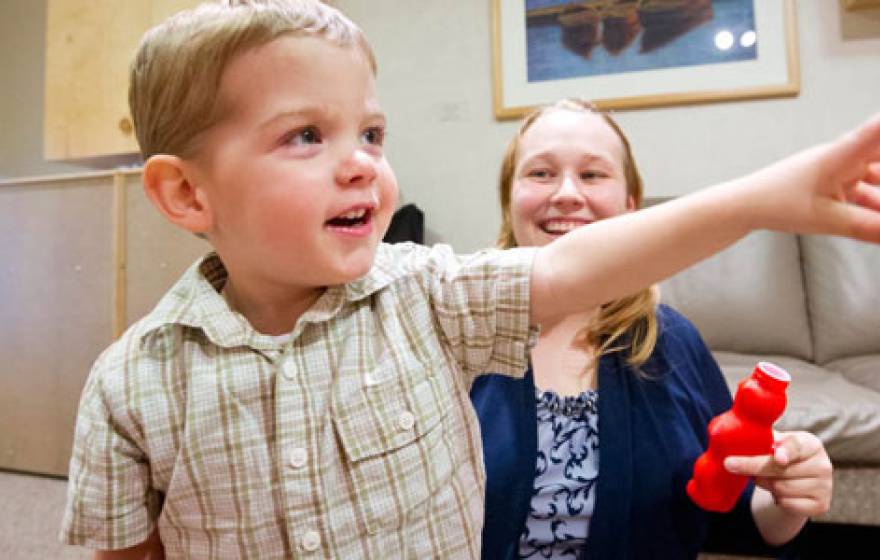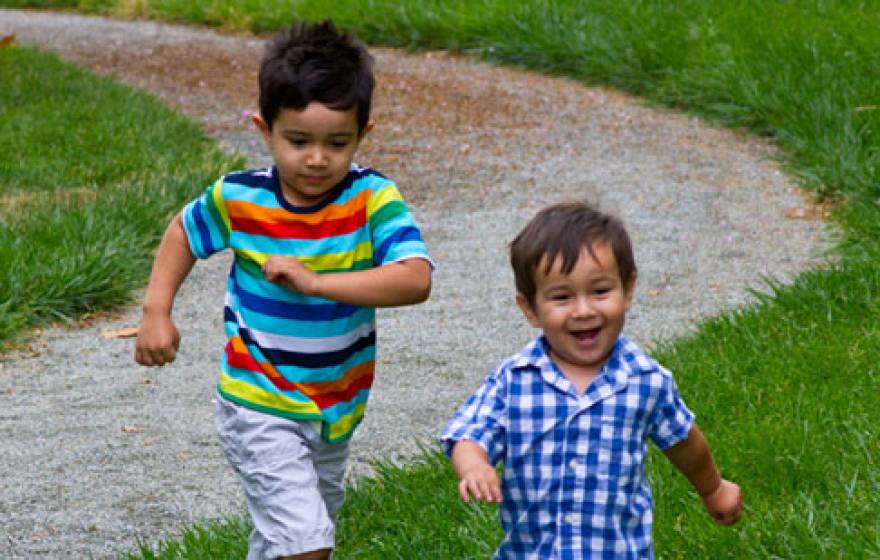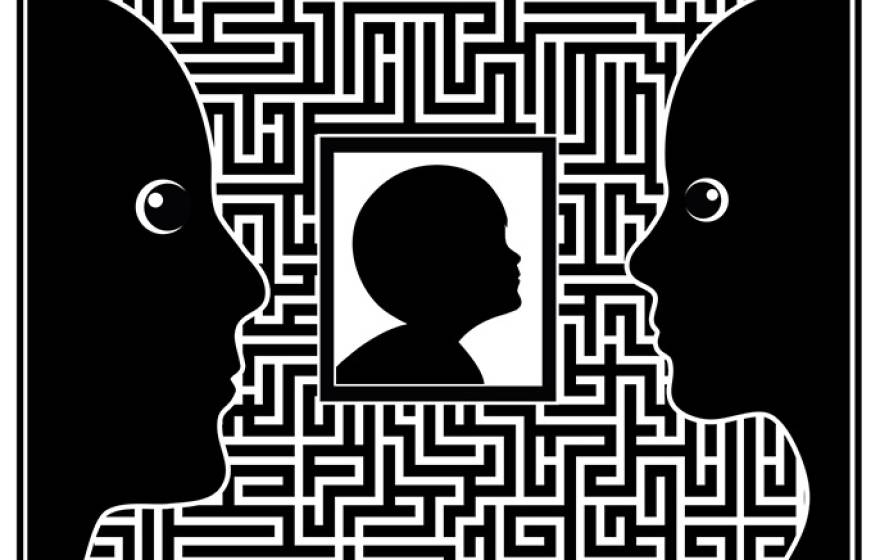New research study will analyze dried blood spots recorded from California newborns in hope of improving ability to predict autism risk.
Predicting autism risk may begin with a drop of blood
The importance of being tilted
New findings show how a tilt of the head facilitates social interaction, with potential benefits for people with autism.
Autistic people want to socialize — they just may show it differently
Research on social signals in autism suggests new ways to meet their needs.
CRISPR reduces autism symptoms in mice
Exaggerated repetitive behavior characteristic of autism was lessened after a receptor was edited.
What makes kids with autism less social than their peers?
New research suggests that at least two factors are at play.
Century-old drug could provide new approach to autism
A single dose produced groundbreaking improvements in language and social behavior, giving hope to families.
Study: Infants recognize surprise in others before age 2
New research shows children's understanding begins in half the time previously thought.
Autism researchers discover genetic ‘Rosetta Stone’
A newly-identified protein defect leads to either epilepsy in infancy or autism.
A pregnant woman’s immune response could lead to brain disorders in her kids
New studies cast light on a process that may trigger autism, schizophrenia, and more.
UC researchers join largest autism study ever in U.S.
Effort seeks to analyze DNA from 50,000 people with autism and their families.
Cancer gene twice as likely to be defective in children with autism
A tumor suppressor is found missing in many autistic children and their fathers by UC Davis researchers.
Five early signs of autism
Getting a diagnosis for Autism Spectrum Disorder as early as possible is important for early intervention, UCLA professor Connie Kasari says
